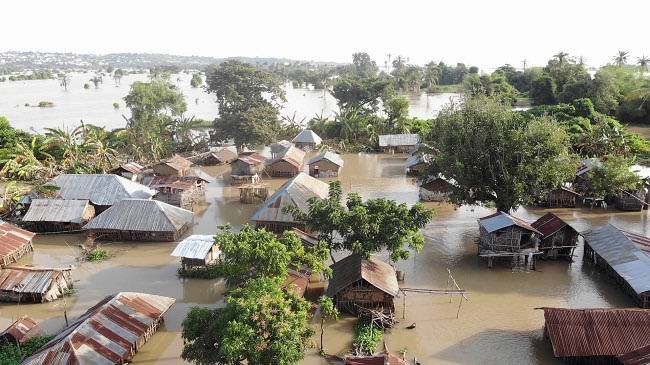
In the first half of 2024, Nigerian states received a total of N24.9 billion from the Federal Government’s ecological fund, designated to address environmental challenges such as erosion, desertification, flooding, oil spills, and drought. The distribution, coordinated by the National Bureau of Statistics (NBS) and the Federation Account Allocation Committee (FAAC), shows variations in allocations across the states.
Top Beneficiaries of the Ecological Fund
Kano State emerged as the top beneficiary, receiving N1.04 billion. Following closely are Lagos and Kaduna states, which received N880.19 million and N860.88 million, respectively. Borno State, dealing with significant ecological challenges, received N816.34 million, while Katsina was allocated N807.67 million.
Mid-Level Beneficiaries
Other notable allocations include Bauchi (N785.93 million), Niger (N778.28 million), Oyo (N736.94 million), and Benue (N736.86 million). Jigawa also received a substantial sum of N734.77 million. States such as Kogi and Sokoto received slightly lower allocations of N726.18 million and N724.12 million, respectively.
States with Lower Allocations
Rivers State received N708.59 million, and Kebbi was allocated N693.79 million. At the lower end of the spectrum, Ekiti and Kwara received N587.48 million and N584.87 million, respectively, while Bayelsa received the least allocation, totaling N581.36 million.
Ecological Challenges Addressed
The ecological fund is critical for mitigating various environmental hazards across the country. It is utilized for projects that address erosion control, combat desertification, manage flood risks, respond to oil spills, and alleviate drought conditions. With increasing environmental concerns, effective utilization of these funds is paramount to improving the resilience of affected communities.
A Call for Strategic Utilization
Given the ecological challenges faced by many states, experts emphasize the need for strategic planning and utilization of these funds. Proper allocation and usage of the ecological fund are essential for ensuring sustainable environmental management and protecting lives and property.
The allocation and distribution process, as overseen by the NBS and FAAC, reflects efforts to equitably address the unique ecological needs of each state, aiming to improve environmental resilience and sustainability across Nigeria.
